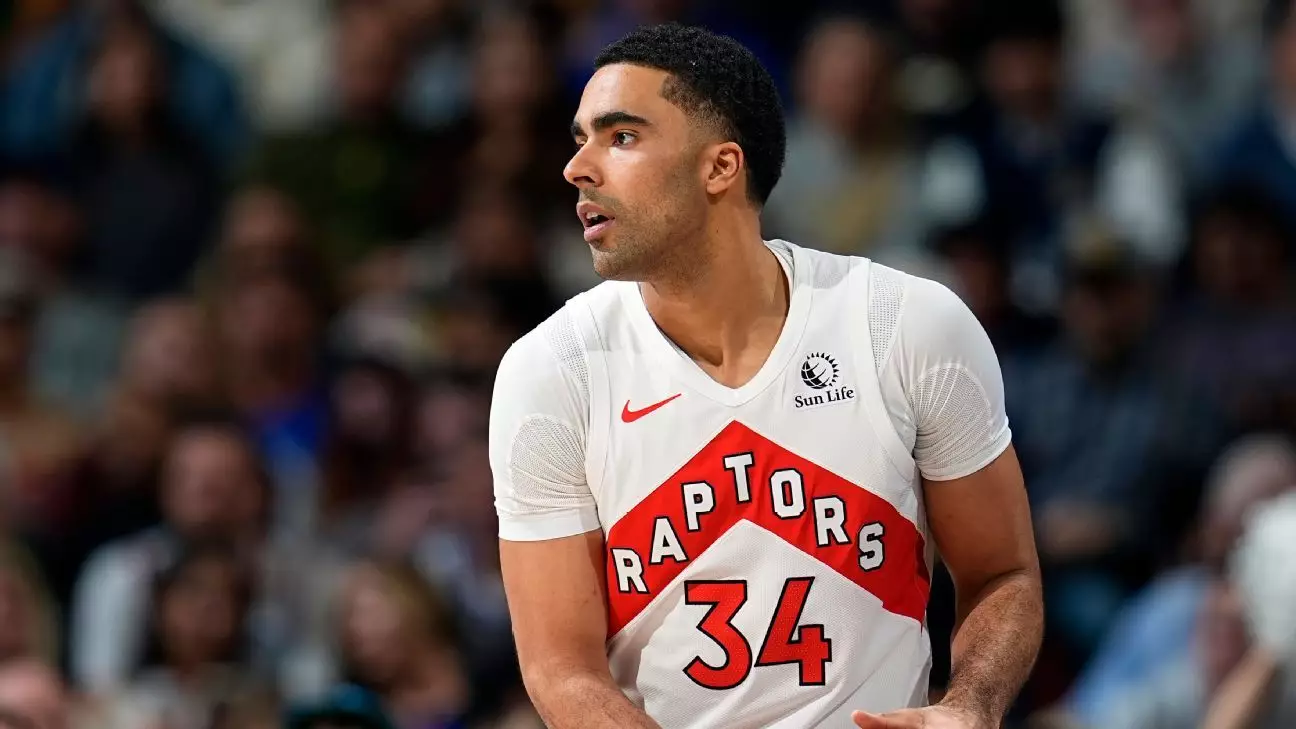The rapid expansion of sports gambling has transformed the sporting landscape, bringing unprecedented excitement and engagement to fans worldwide. However, this surge of betting activity has cast a shadow over the integrity of the games we hold dear. The recent revelations involving NBA players and federal investigations highlight a disturbing trend: the infiltration of gambling interests into professional sports, risking the core values of fairness and honest competition. While responsible betting can be an enhancement, unchecked betting practices threaten to compromise the very foundation of competitive sports.
The NBA’s stance on empowering regulations to curb manipulation reflects a growing awareness that some forms of betting—especially prop bets—can be exploited. These bets, which focus on specific player actions or game moments, are especially vulnerable because they provide clear opportunities for performance manipulation. When players are coerced or enticed into altering their performance for financial gain, the integrity of the game is jeopardized. Such risks demand a proactive approach, emphasizing the importance of establishing safeguards rather than reactive knee-jerk bans.
Balancing Fan Engagement and Player Protection
The debate over regulating prop bets is nuanced. On the one hand, fans enjoy the thrill of engaging with specific game events, adding a layer of excitement and personal investment. On the other hand, athletes—particularly those facing financial hardship or external pressures—become targets of unscrupulous individuals seeking to manipulate outcomes for monetary gain. This dichotomy raises crucial questions about where the line should be drawn and who bears the responsibility for safeguarding players and the sport’s integrity.
The NBA’s recent actions—such as limiting wagers on players under two-way contracts—represent a cautious step in this direction. Commissioner Adam Silver’s decisive move to suspend Jontay Porter for misconduct underscores the fallout from betting-related misconduct. Yet, banning individual players or restricting certain bets cannot be the sole solution. Broader systemic measures, including tighter regulation, monitoring, and collaboration with legal sportsbooks, are essential. The league must foster an environment where fan engagement remains vibrant without enabling avenues for abuse or manipulation.
In parallel, the National Basketball Players Association’s concerns about athlete harassment warrant thorough attention. Players have become unwitting victims of an increasingly hostile environment, where online trolling and in-person threats are fueled by betting disputes. These issues amplify the argument for more stringent regulation—not only to shield the sport’s integrity but also to protect players from harassment and mental health challenges stemming from gambling pressures.
The Political and Legal Landscape: Navigating a Complex Terrain
State governments’ efforts to restrict micro-betting phenomena reveal an understanding of the regulatory gaps that currently exist. Ohio and New Jersey, by proposing bans or restrictions on specific types of bets, exemplify proactive policymaking. Ohio’s initiative following suspicious betting activity on baseball pitches highlights how micro-bets can serve as fertile ground for illicit activities, calling into question their place in mainstream sports betting.
However, the response from the sports leagues and players’ unions remains mixed. While some, like the NBA, advocate for strategic limitations, others remain silent or cautious. The reluctance may stem from the massive economic incentives tied to sports gambling, which generate billions in revenue. Policymakers and league officials are walking a tightrope—balancing commercial interests, fan engagement, and the imperative to uphold sporting fairness.
It’s evident that without clear regulation and comprehensive oversight, the risks of widespread manipulation grow. The delicate dance involves not only criminal elements seeking easy profits but also the potential for systemic vulnerabilities that could undermine the credibility of major leagues. As legal sports betting continues its expansion across states, there is an urgent need for uniform standards that prioritize athlete protection, fair play, and public trust.
The intersection of sports, money, and gambling is fraught with peril, but it also presents an opportunity. The industry must recognize that safeguarding the integrity of sports is fundamental to maintaining their appeal, dignity, and long-term viability. Responsible regulation of prop bets, targeted restrictions on high-risk wagering activities, and stronger protections for players are not just prudent—they are essential. As the sports world grapples with these challenges, one thing remains clear: the future of fair play depends on decisive leadership, comprehensive oversight, and a collective commitment to justice in the game.


Leave a Reply